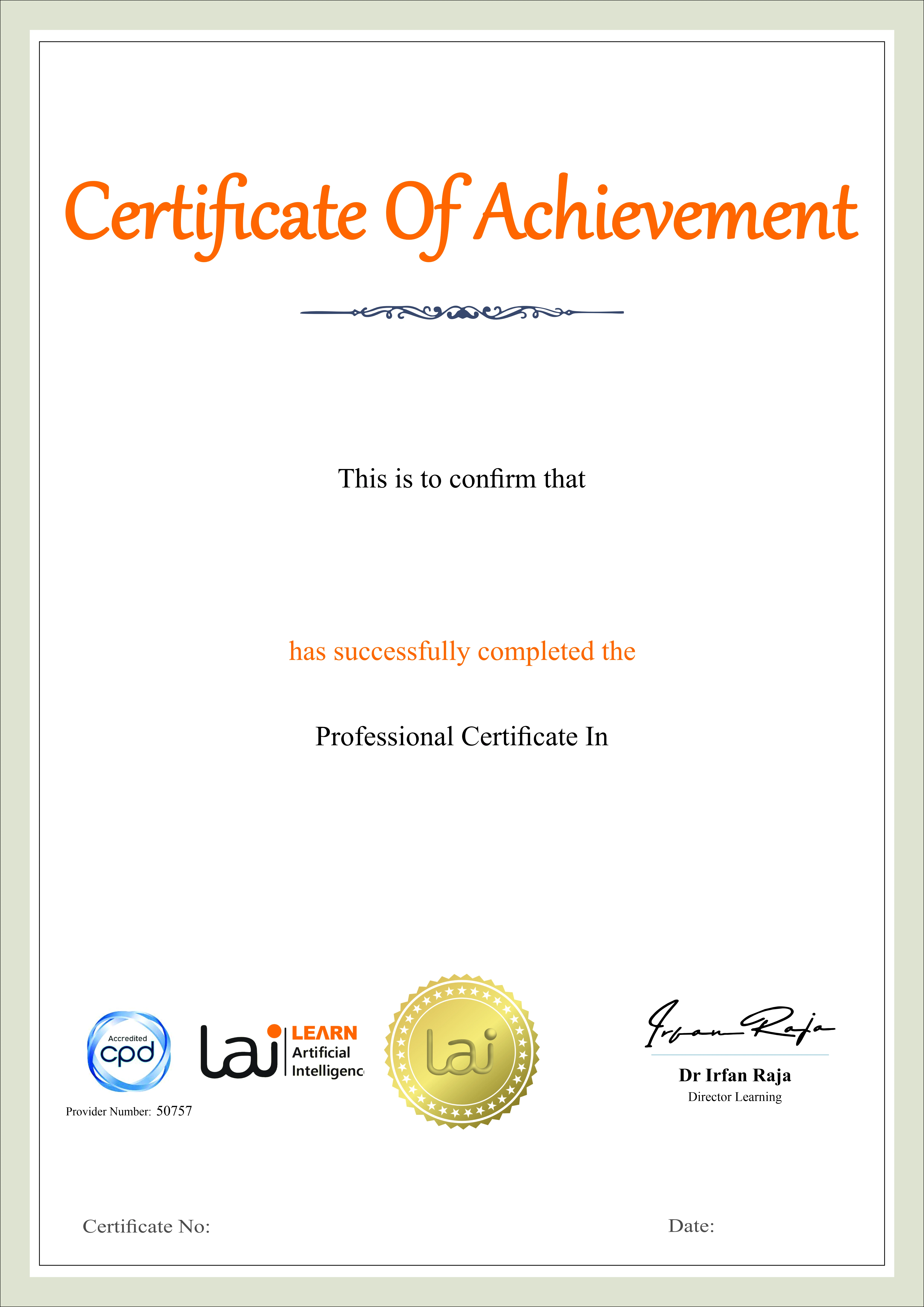The MLOps Fundamentals course is designed to provide a comprehensive introduction to the principles and practices of MLOps (Machine Learning Operations).
MLOps Fundamentals
The MLOps Fundamentals course is designed to provide a comprehensive introduction to the principles and practices of MLOps (Machine Learning Operations). As machine learning models are increasingly being integrated into business operations, it becomes essential to manage them effectively and efficiently. MLOps combines machine learning with DevOps principles to automate the deployment, monitoring, and governance of machine learning models in production environments.
This course covers the entire machine learning lifecycle, from data management and versioning to continuous integration and deployment (CI/CD), ensuring that models are not only accurate but also scalable, maintainable, and compliant. Whether you're a data scientist looking to understand deployment pipelines or an operations engineer aiming to streamline machine learning workflows, this course will give you the tools to ensure seamless model deployment and monitoring in real-world applications.
This course is ideal for data scientists, machine learning engineers, software developers, and operations professionals who are looking to bridge the gap between machine learning model development and deployment. If you have experience in machine learning and want to understand the lifecycle management and operations of machine learning models, this course will equip you with the knowledge of MLOps fundamentals. It is also beneficial for business analysts, product managers, or anyone involved in AI project management, looking to gain a deeper understanding of ML operations. While basic knowledge of machine learning and software engineering is recommended, no prior MLOps experience is required, making this course accessible to anyone eager to streamline their machine learning deployment pipelines.
Understand the fundamentals of MLOps and its role in the machine learning lifecycle.
Learn how to integrate MLOps practices into your machine learning workflows, from development to deployment.
Manage and version data and models effectively for reproducibility and collaboration.
Implement Continuous Integration (CI) and Continuous Deployment (CD) in machine learning projects.
Understand the challenges of model deployment, monitoring, and maintenance in production.
Learn best practices for model governance and compliance, ensuring models meet regulatory standards.
Gain insights into automating and scaling machine learning operations to handle large volumes of models and data.
Explore advanced MLOps practices and upcoming trends in the field.
-
This module introduces the concept of MLOps (Machine Learning Operations) and explains how it helps streamline the process of deploying and managing machine learning models in production. You'll learn about the core principles of ML operations and how they fit into the broader software engineering and DevOps landscapes.
-
Explore the stages of the machine learning lifecycle, from data collection and preprocessing to model training, evaluation, and deployment. This module explains how MLOps integrates with each phase of the lifecycle to automate and optimize processes for better model management.
-
Effective data management is critical for the success of machine learning projects. This module covers data versioning, storage, and management strategies in MLOps that ensure reproducibility, collaboration, and the smooth flow of data through the entire machine learning pipeline.
-
Learn how to implement Continuous Integration (CI) and Continuous Deployment (CD) pipelines in machine learning projects. This module covers tools, techniques, and best practices for automating model testing, validation, and deployment, ensuring models are deployed quickly and reliably.
-
Once machine learning models are built, they need to be deployed in production. This module teaches you how to deploy models, monitor their performance, and manage them post-deployment. You'll also learn how to monitor model drift and ensure models continue to perform optimally over time.
-
In this module, you'll explore the importance of model governance, including regulatory compliance, auditing, and version control for models. Learn how to ensure your machine learning models meet legal, ethical, and organizational standards, and how to handle data privacy and security concerns in production environments.
-
This module focuses on automating repetitive tasks in the machine learning workflow, such as retraining models, scaling pipelines, and managing multiple model versions. Learn how to build scalable machine learning infrastructure and automate tasks to support growing datasets and models.
-
In the final module, you'll explore advanced MLOps practices and emerging trends in the field, such as model explainability, continuous learning, and the integration of AI-driven automation. This module provides insights into the future of MLOps and how to stay ahead in this rapidly evolving field.
Earn a Professional Certificate
Earn a certificate of completion issued by Learn Artificial Intelligence (LAI), accredited by the CPD Standards Office and recognised for supporting personal and professional development.

Key Aspects of Course

CPD Accredited
Earn CPD points to enhance your profile

Free Course
This course is free to study

Self-Paced
No time limits or deadlines

Flexible & 24/7 Access
Learn anytime , anywhere

Build In-Demand Skills
Get job ready

Updated AI Skills
Stay current with AI advancement

Global Learning
Accessible Worldwide

Premium Materials
High-quality resources

Employer Approved
Boost your career prospects



